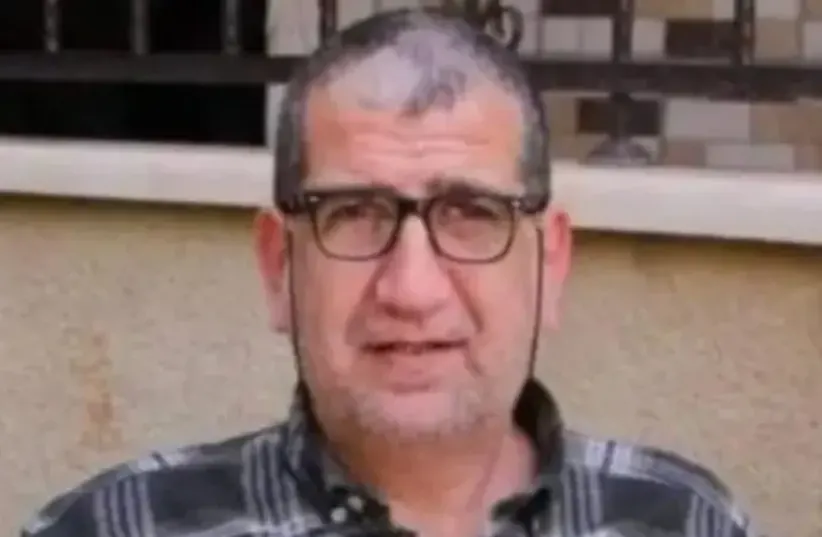In the quiet mountain town of Beit Mery, nestled outside Beirut, a grim discovery unfolded. The lifeless body of Mohammad Surur, a Lebanese man ensnared in a web of international intrigue, lay sprawled in a secluded villa. His legs bore the brutal testimony of several gunshot wounds, and the air hung heavy with unanswered questions.
The Sanctioned Man: Mohammad Surur
Mohammad Surur’s name had long been etched onto the list of those deemed dangerous by the United States Treasury. In 2019, the Treasury slapped sanctions on him, accusing him of clandestine financial manoeuvres. His alleged crime? Funnelling vast sums of money—tens of millions of dollars annually—between the Iranian Revolutionary Guards’ external branch, the al-Quds Force, and Hamas’s formidable armed wing, the Qassam Brigades.
Surur’s biography, meticulously documented by the Treasury, revealed a man who straddled the murky boundaries of covert operations. His age, 57 at the time of his demise, hinted at a lifetime spent navigating treacherous waters.
The Violent Interrogation
The circumstances surrounding Surur’s death were as enigmatic as his life. The gunshot wounds to his legs spoke of violence, but not of a botched theft. Lebanon’s security forces, seasoned in deciphering cryptic messages, pieced together a chilling narrative. Surur had been subjected to a violent interrogation, a grim dance of questions and pain. The large sum of money discovered in his lifeless form only deepened the mystery. The circumstances surrounding Mohammad Surur’s demise remain shrouded in mystery. The intricate web of geopolitical tensions hints at Espionage Agencies, Rival Factions, Foreign Powers or Retribution. Lebanese authorities have alleged that Mossad is responsible for this killing.
Hamas, Israel, and the Cross-Border Conflict
The echoes of geopolitical strife reverberated through Surur’s story. On October 7, Hamas launched a daring cross-border attack into Israeli territory, leaving 1,200 Israelis dead, according to Israeli records. In retaliation, Israel unleashed a devastating campaign—a triad of land, sea, and air assaults—upon the Gaza Strip. The toll on Palestinian lives soared, with more than 33,000 fatalities, as authorities in the territory grimly counted the cost.
The Hezbollah Connection
But Surur’s tangled affiliations extended beyond the Iranian and Palestinian realms. The Treasury’s 2019 statement hinted at another thread: Hezbollah. This Iran-backed Islamist movement wielded influence within Lebanon’s intricate political landscape. Surur’s presence at public Hezbollah events raised eyebrows, yet he remained elusive—a shadowy figure without a formal or senior role within the armed group. Hezbollah’s ongoing skirmishes with Israel along Lebanon’s southern border added yet another layer of complexity.
A Pressing Demand for Answers
As Surur’s family faced the harsh reality of his demise, they convened a press conference. Their plea was simple yet urgent: a full investigation into the circumstances surrounding his death. They refrained from pointing fingers at specific individuals, groups, or governments. Instead, they sought truth—the elusive thread that could unravel the enigma of Mohammad Surur.
And so, in the mountain town of Beit Mery, where whispers echoed off ancient walls, the mystery deepened. A sanctioned man lay dead, his secrets buried with him, while the world watched, waiting for answers.



